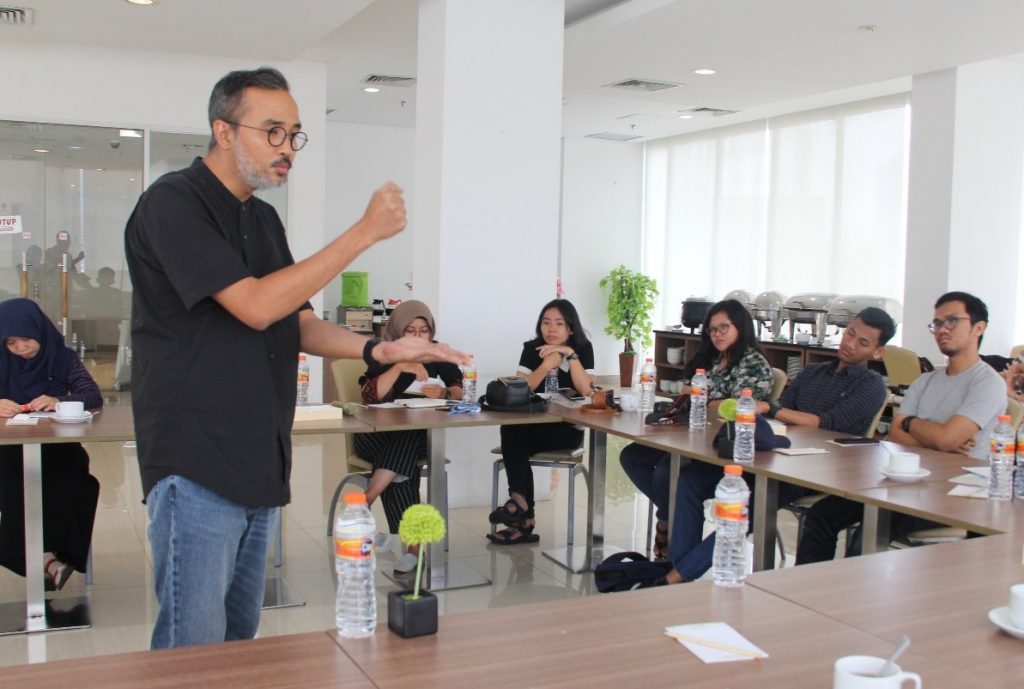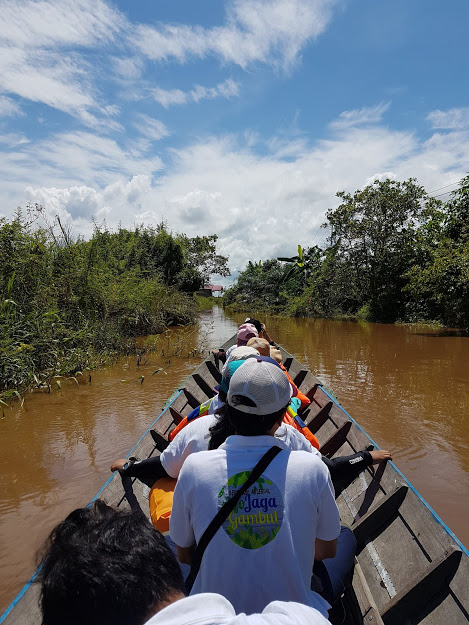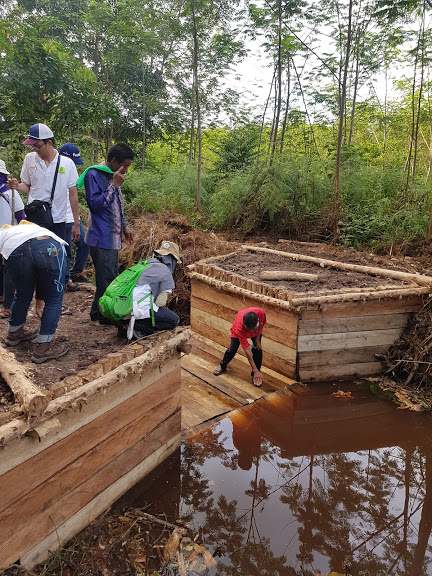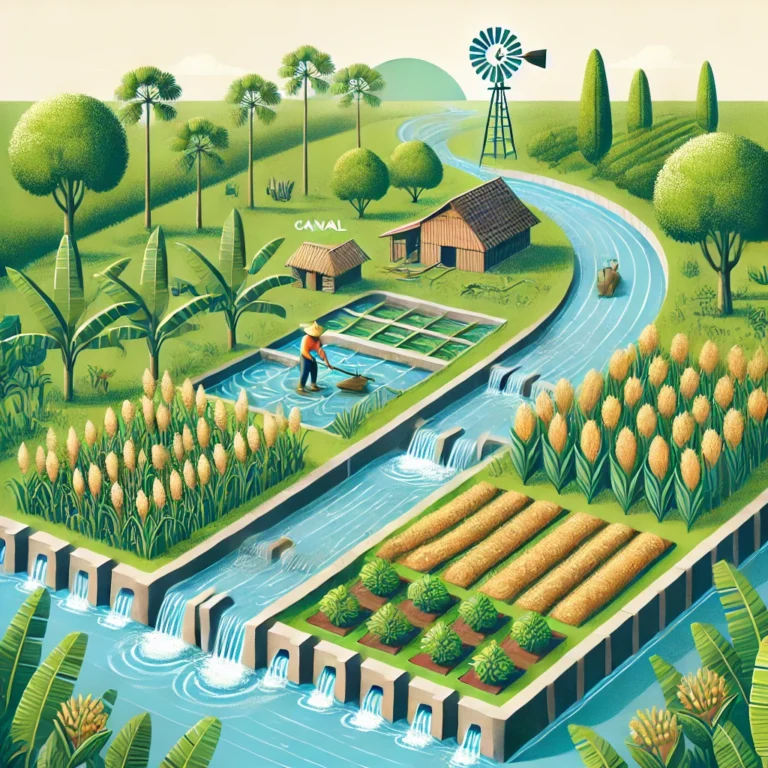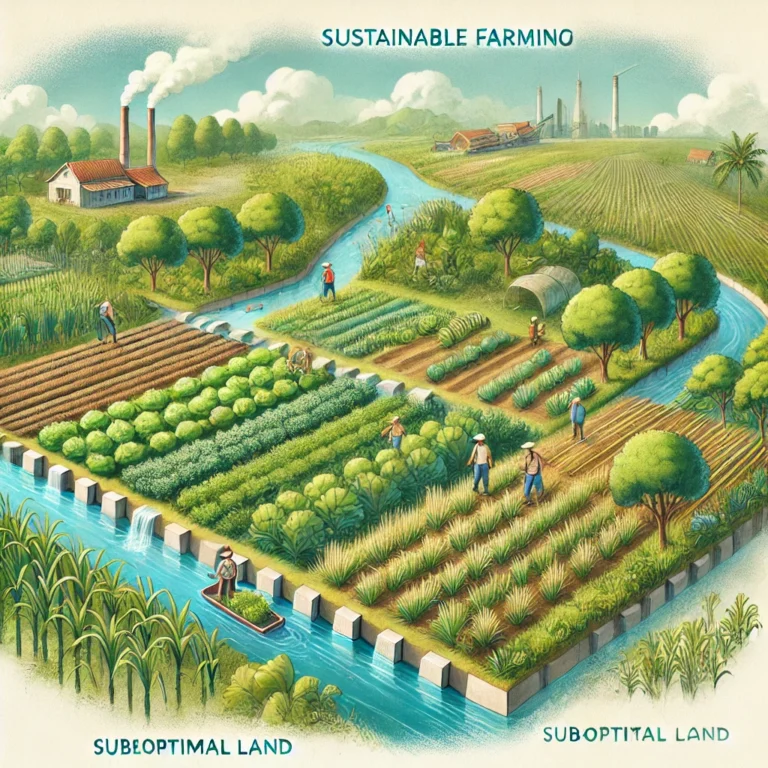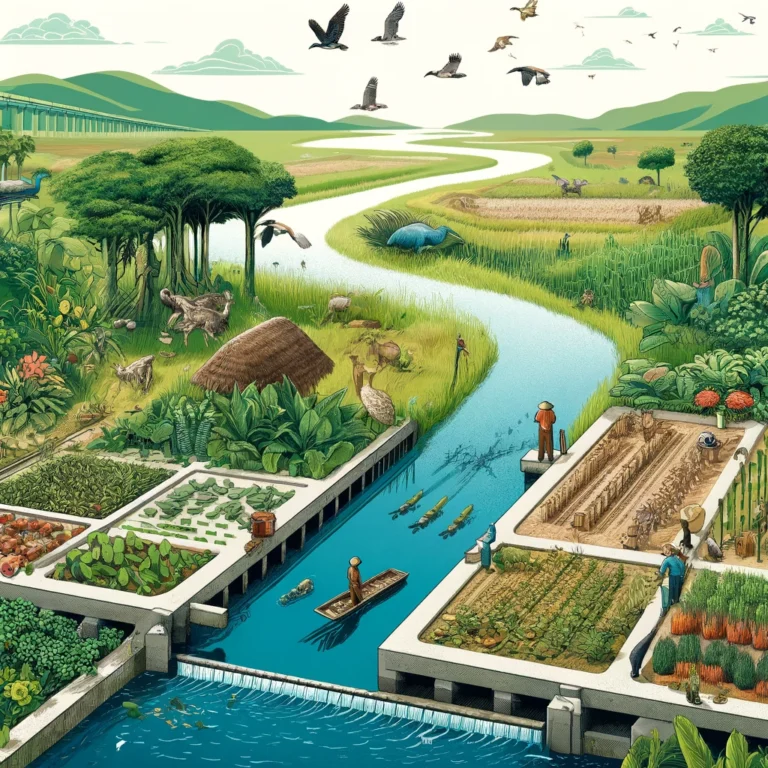Jakarta and Central Kalimantan – Twelve delegates were selected from short video and essay competition by Peat Restoration Agency (BRG) to attend a series of workshop and live-in activity in Jakarta and Central Kalimantan. BRG aimed this program to elevate the knowledge of these delegates about peat ecosystem by providing the real experience to live in the area that leads them to share the words and educate the wider audience.
The series of Ayo Jaga Gambut started with workshop sessions in Jakarta that described the principal measures of restoration conducted by BRG: rewetting, revegetation, and revitalizion of local livelihood next to the imporance of environmental diplomacy and communication for social change. The following week was spent on several villages in the districts of Pulang Pisau and Kapuas Barat in the province of Central Kalimantan.
This trip highlighted the restoration effort by BRG and its partners. To revitalize the local livelihood, some local people were given the capital to run business that less negatively affecting the peatland. The practice of cow farming, that also produce biogas, is thriving in the village of Tanjung Taruna Village meanwhile biofloc is introduced to Anjir Kalampan Village to maintain fisheries. The practice to sustainably cultivate peatland is observed in Gohong Village where people plant pineapple and dragonfruit. Other implemented measures included canal blocking, beje (pool) utilization and Masyarakat Peduli Api mobilization. Not only improving the welfare of local people, these measures are also expectedly minimaze the risk of peat forest fire that is longknowingly smear the image of peatland.
At the end of week, the delegates of Ayo Jaga Gambut met the regional restoration team that directly deal with the problem on the field. Conclusively, the discussion accentuated the cooperation that ensure minimun conflict of interest among the relevant multistakeholders from the private sector, government, NGOs, and target communities. In addition, it is also important to develop the sense of belonging of these restoration programs among the local people so that it can be carried on independently and sustainably even after the supervision finished since these measures also affect their life significantly.


